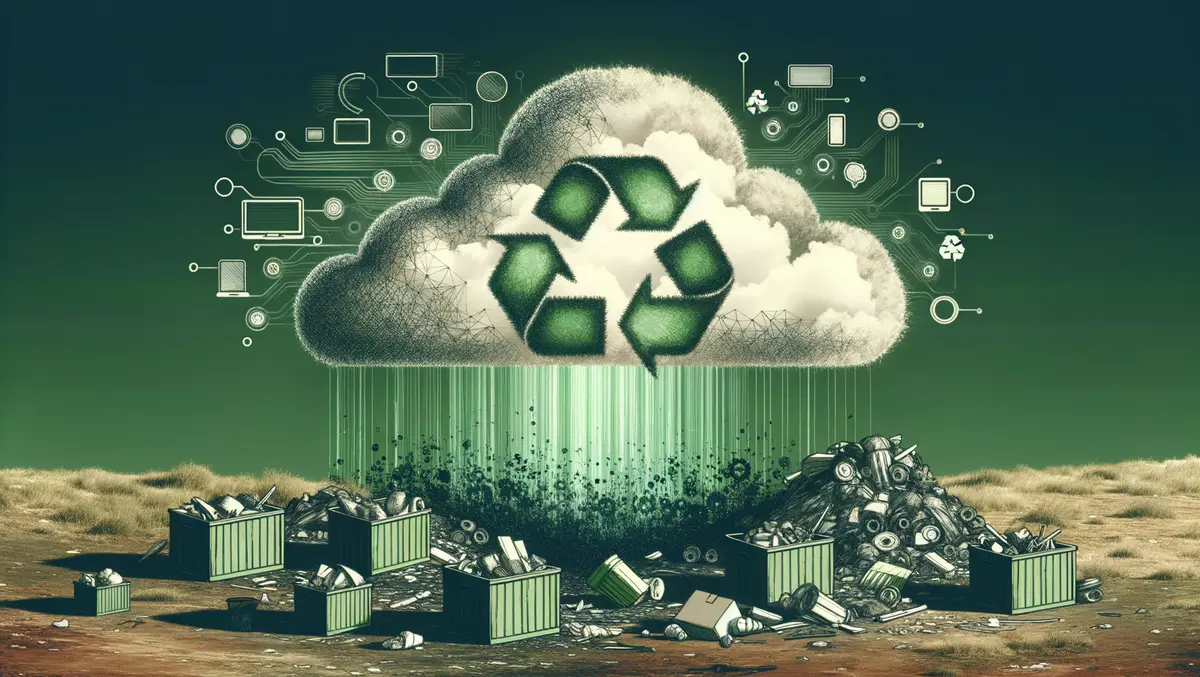The Brihanmumbai Municipal Corporation (BMC) has launched a pilot project in Mumbai’s Malabar Hill area, introducing GreenTags—QR codes placed strategically in society garbage rooms.
This three-month initiative aims to monitor and improve waste segregation at its source, addressing a significant challenge in the city’s waste management efforts. Should the pilot prove successful, the BMC plans to extend the project to other parts of the city. Mumbai, which generates between 6,300 and 6,500 metric tonnes of waste daily, has been grappling with the issue of effective waste management for years. Back in 2017, the BMC mandated that all housing societies and commercial establishments larger than 20,000 square metres, or those producing more than 100 kg of wet waste daily (classified as bulk generators), must begin segregating and composting waste within their premises.
However, despite these efforts, compliance has been disappointing, with fewer than 50% of societies adhering to these civic rules. The BMC’s struggle to enforce segregation at the source is compounded by public apathy, which has been a significant barrier to achieving the city’s waste management goals by 2030. To address these challenges, the BMC’s latest initiative, managed by the company ‘ViaGreen,’ will use GreenTags to categorise waste into various streams: wet, dry, reject (inert), garden, and mixed. The trial will be conducted in 100 housing societies across Malabar Hill and Bhuleshwar. QR codes will be installed at waste collection points, where the company’s staff will scan these codes to monitor the segregation process.
The system is designed to ensure that waste is correctly sorted, and feedback will be provided to residents and housekeeping teams. If the pilot reveals persistent segregation issues, the project will be expanded to include individual households, where QR-coded waste bags will be used to track waste segregation more precisely. According to a senior civic official, the project’s primary objective is to segregate wet waste for composting and dry waste for recycling at the BMC’s Material Recovery Facility (MRF). The data collected during the pilot will be instrumental in refining the training provided to residents and housekeeping teams, improving compliance with Solid Waste Management (SWM) Rules, and enhancing overall waste management strategies.
The focus will be on reducing mixed waste and effectively handling hard-to-recycle items, thereby making Mumbai’s waste management system more efficient and sustainable. As the BMC continues to innovate in its approach to waste management, this pilot project represents a significant step towards achieving a cleaner and more sustainable Mumbai. The initiative underscores the importance of community participation and adherence to civic rules, which are crucial for the success of such projects. With detailed documentation and analysis, the BMC hopes to replicate the model across the city’s 24 wards, paving the way for a broader implementation that could transform Mumbai’s waste management landscape.


